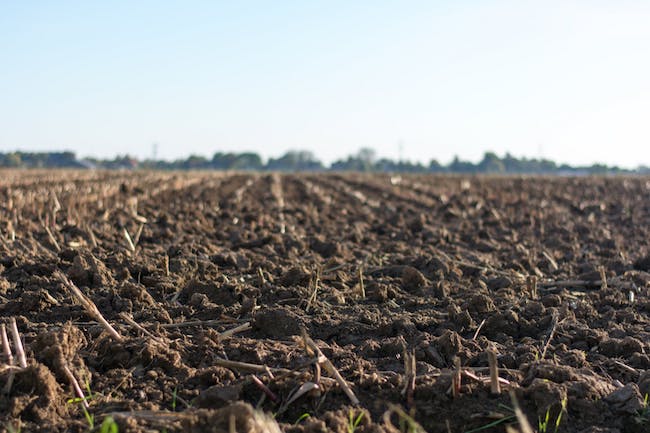Nitrogen fixing plants have a symbiotic relationship with specific bacteria. The bacteria colonize the plant’s roots and pull nitrogen out of the atmosphere. The bacteria uses the nitrogen and then it becomes available to the plant.
Nitrogen fixing plants include most plants in the legume family. They also include certain grasses like buckwheat but legumes are generally the most efficient.
Why are they important?
Nitrogen is key for plant growth. Plants require it in order to perform photosynthesis. Yellow or pale leaves can be a sign that your soil lacks sufficient nitrogen. Rotating nitrogen-fixing crops through your garden replenishes nutrients in the soil without resorting to using synthetic fertilizers.
Many nitrogen fixing crops, like those listed below, are used as cover crops or green manures. Like other cover crops they help prevent moisture loss, reduce erosion, and provide habitat for beneficial insects and fungi all while adding nitrogen to the soil. Using cover crops is in investment in soil health.
Nitrogen Fixing Cover Crops
- Austrian Winter Peas
- Buckwheat
- Crimson Clover
- Red Clover
- White Dutch Clover
- Hairy Vetch
- Iron and Clay Southern Pea (Cowpea)
- Sunn Hemp
Other legume crops like beans and peas are also nitrogen fixing. Pole beans are grown in the “Three Sisters” garden technique because they help provide nitrogen for the heavy-feeding corn.
Growing Cover Crops
Nitrogen fixing cover crops can be used in different ways. Biennial or perennial crops like clover are often grown for a season or year and then tillled under. This process adds organic matter to the soil and makes the plants’ nitrogen and other nutrients available to your crops. Alternatively winter-kill or annual crops like Sunn Hemp die back on their own and can be used as mulch. As they decompose they add nutrients and organic matter to the soil.
These nitrogen fixing crops are also perfect for permanent pathways between rows or beds. Clover pathways in particular can be mowed through the summer. The clippings make excellent mulch for the adjacent beds.
You can find more individual information under individual variety descriptions.




